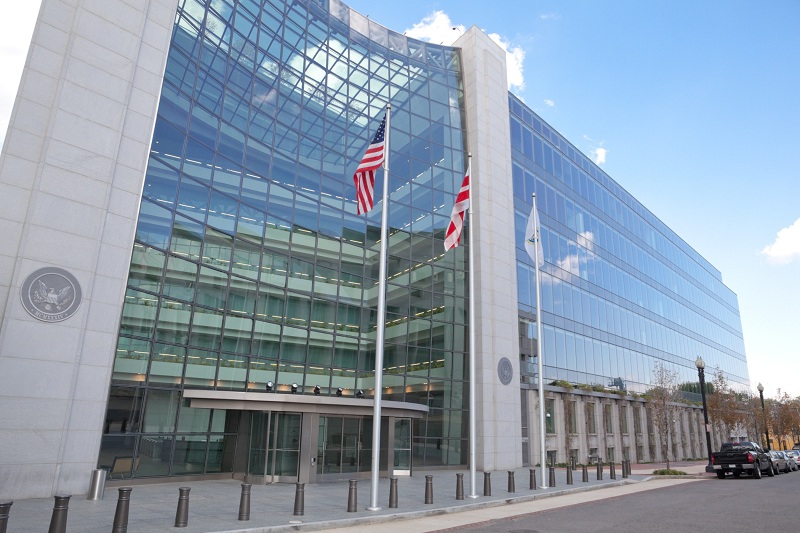As the world fully transitions into the digital era, Indonesia’s vice president candidate for the 2024 general elections Gibran Rakabuming Raka has acknowledged the challenges that come with it.
At a political rally in West Java in early December, Raka says he will equip the youth to face the potential risks of the evolving technological landscape through “digital downstreaming” if he wins the upcoming polls.
Under this so-called digital downstreaming, Raka will seek the support of the national government in deepening the local talent pool for emerging technologies, noting that the move is a solution for the myriad economic challenges facing the Southeast Asian nation.
Also included in his plan is the establishment of vocational centers across Indonesia geared toward upskilling Indonesians on the latest technologies. The series of training will focus on blockchain technology, cybersecurity, biotechnology, artificial intelligence (AI), and digital marketing.
“We are preparing blockchain experts, we are preparing cyber security experts, and we are preparing crypto experts,” said Raka. “We also want students who are good at Sharia banking, who are good at digital marketing. We are preparing future talents with future skills.”
A key focus of the digital blueprint will be students and young Indonesians.
Numbering just over 100 million, Indonesia’s tech-savvy population has been tipped to lead the nation’s charge into digitization as it seeks to catch up with its neighbors.
“That’s why in the future we will focus on what is called digital downstreaming,” said Raka. “This is to answer the challenges of the times.”
A closer look at Raka’s speech indicated a push into digital currencies, which previously divided public opinion. While older Indonesians eye the asset class skeptically, younger millennials and Gen Zs have embraced digital assets, but stiff local regulations stand in the way of widespread adoption.
It is unclear whether Raka’s administration will roll out government-backed digital asset initiatives like that of Thailand or tread cautiously.
The 36-year-old vice presidential aspirant was selected as the running mate to Prabowo Subianto ahead of the February 2024 polls, with both politicians promising a range of economic reforms should they be elected to office.
Indonesia toughens stance on digital assets
Following the implosions that rocked the digital currency ecosystem in 2022, Indonesian authorities have tightened the screws for industry players. The Indonesian Ministry of Trade ordered that two-thirds of the board of directors of digital asset service providers operating in the country should be citizens.
To further protect investors, the country launched a national digital currency exchange to promote industry uniformity while ordering exchanges to take necessary steps to prevent the commingling of assets. Authorities are moving toward new rules that will designate digital assets as securities instead of commodities, bringing them under the purview of its capital market laws.
In order for artificial intelligence (AI) to work right within the law and thrive in the face of growing challenges, it needs to integrate an enterprise blockchain system that ensures data input quality and ownership—allowing it to keep data safe while also guaranteeing the immutability of data. Check out CoinGeek’s coverage on this emerging tech to learn more why Enterprise blockchain will be the backbone of AI.
Watch: Digital currency regulation and the role of BSV blockchain

New to blockchain? Check out CoinGeek’s Blockchain for Beginners section, the ultimate resource guide to learn more about blockchain technology.
Note: This article have been indexed to our site. We do not claim legitimacy, ownership or copyright of any of the content above. To see the article at original source Click Here













